Ghost kitchens are pulling a disappearing act
The delivery-only trend is failing to live up to the hype built up during the pandemic

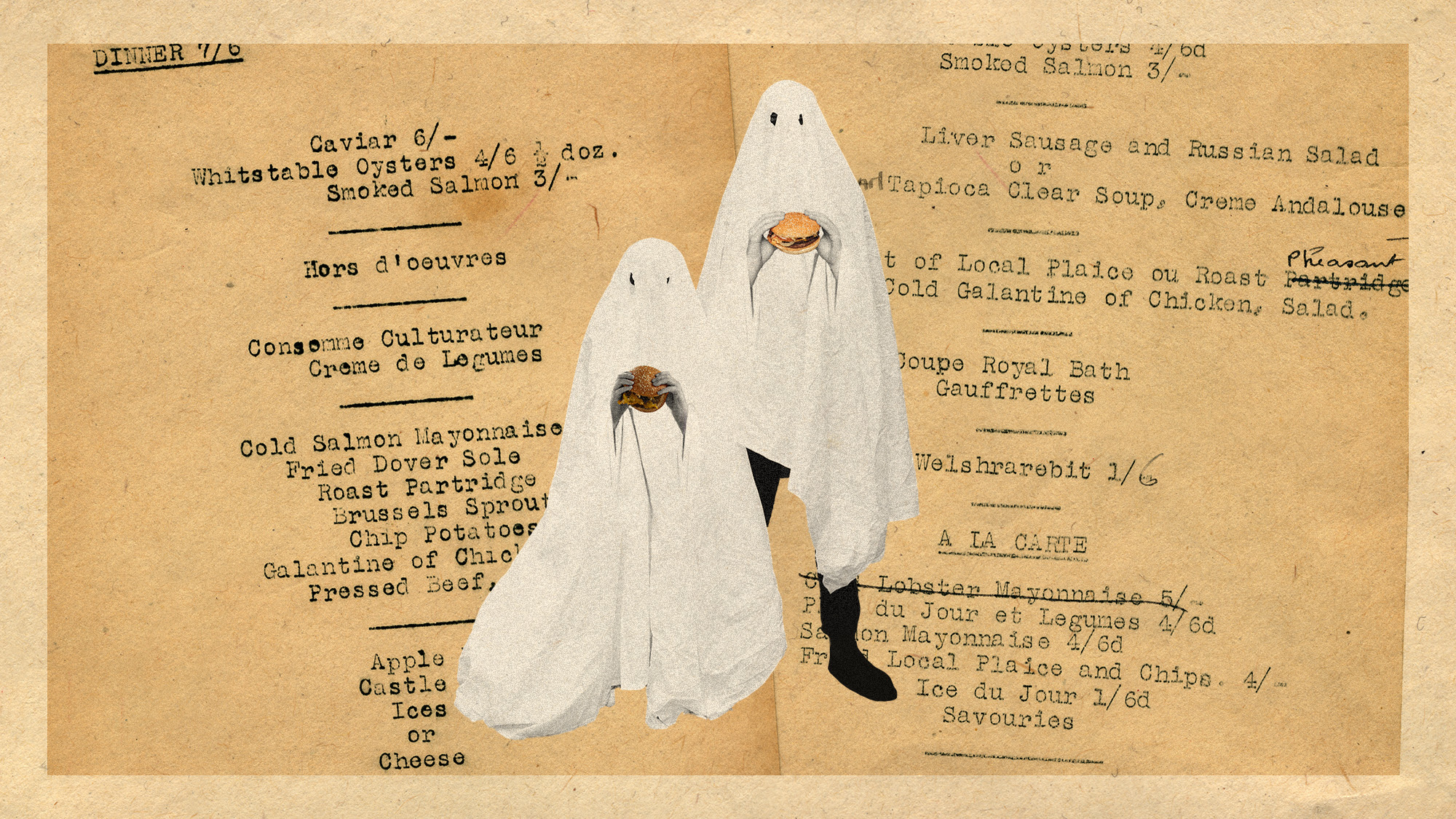
A free daily email with the biggest news stories of the day – and the best features from TheWeek.com
You are now subscribed
Your newsletter sign-up was successful
During the Covid-19 pandemic, ghost kitchens emerged as a popular solution for restaurants to make money while their brick-and-mortar establishments were shuttered. Once a promising "pandemic darling" that raised billions in venture funding, the ghost kitchen industry is "falling short of lofty expectations," CNBC said.
"It is clear that the impact of ghost kitchens was overestimated," Evert Gruyaert, a restaurant food and service leader at Deloitte, said to CNBC. "And we see that today with the decline in ghost kitchens."
How Covid-19 lockdowns fueled the ghost kitchen boom
Ghost kitchens are "stripped-down commercial kitchens" that do not have a dine-in option and operate as delivery-only businesses, fulfilling orders from apps like Uber Eats, said CNN. Ghost kitchens sometimes operate out of catering venues or at restaurants alongside their usual service. Also known as cloud kitchens, dark kitchens and virtual kitchens, they sometimes host up to several dozen menus delivered out of the same spot.
The Week
Escape your echo chamber. Get the facts behind the news, plus analysis from multiple perspectives.

Sign up for The Week's Free Newsletters
From our morning news briefing to a weekly Good News Newsletter, get the best of The Week delivered directly to your inbox.
From our morning news briefing to a weekly Good News Newsletter, get the best of The Week delivered directly to your inbox.
While the concept has been around for years, ghost kitchens took off during the pandemic because they were seen as a "salvation for the restaurant industry" when restaurants closed their doors and switched to online delivery services, CNN said. Restaurant owners and investors viewed them as a cheaper way to start their business rather than doing traditional sit-down dining. Ghost kitchens also offered big chain restaurants a "way to test new menu concepts, items and brands at lower rents and with less labor," the outlet said.
With restaurants looking for ways to recoup revenue, interest in ghost kitchens and their "close cousin, the virtual brand" blew up seemingly overnight, said The New York Times. As restaurants and caterers started operating ghost kitchens out of their venues, celebrities and influencers started creating virtual delivery-only food brands. The popularity of virtual kitchens attracted billions of dollars from investors, and start-ups and established brands announced plans to expand into the space. Kroger partnered with start-up Kitchen United to open ghost kitchens in some of its grocery stores. In 2021, Wendy's announced plans to open 700 ghost kitchens with start-up Reef Technology. Many in the industry considered the delivery-only trend the next big development in food service.
Why the food delivery trend fizzled out
After the pandemic lockdowns ended and customers returned to dining inside restaurants, large chains operating ghost kitchens out of their locations "found themselves squeezed by overtaxed kitchens and rising customer complaints," the New York Times said, leading them to reconsider the strategy. Many of them abandoned their ghost kitchens altogether. Wendy's pulled back on its plans, and Kroger shut down all its ghost kitchens in 2023. Consumers are going out to eat again and "craving that relationship with the brands themselves," Dorothy Calba, a senior research analyst for food service at Euromonitor International, said to the Times. "Virtual brands just did not have that connection with consumers."
A deluge of food quality issues led Uber Eats to remove 8,000 storefronts from its listings last year over complaints of "poor quality, inaccurate orders or duplication, meaning multiple, nearly identical restaurants were operating out of the same location," said the Times. Many customers "got burned" by virtual restaurants during the pandemic, which "created a pretty bad perception of a number of the virtual brands," Calba said.
A free daily email with the biggest news stories of the day – and the best features from TheWeek.com
Jimmy Donaldson, the YouTuber known as MrBeast, was so unhappy with the quality of his namesake burgers that he sued his collaborator, ghost kitchen concept operator Virtual Dining Concepts. After claiming there were thousands of customer complaints, Donaldson sued Virtual Dining Concepts to terminate the contract that put MrBeast Burgers in 1,700 locations around the country. Virtual Dining Concepts countersued, accusing Donaldson and his investment company of breach of contract after he made disparaging comments in a series of social media posts.
Virtual Dining Concepts executives have defended virtual brands from the bad reputation some received during the pandemic, arguing that the complaints about hot food delivery for virtual restaurants were the same as those of traditional brick-and-mortar restaurants. Once a hot burger is put in a box, there is bound to be "heat and steam that’s going to deteriorate the experience of that burger," Robert Earl, the founder of Planet Hollywood and a founder of Virtual Dining Concepts, said to the Times. "It's not a perfect science, delivery."
Theara Coleman has worked as a staff writer at The Week since September 2022. She frequently writes about technology, education, literature and general news. She was previously a contributing writer and assistant editor at Honeysuckle Magazine, where she covered racial politics and cannabis industry news.
-
 How the FCC’s ‘equal time’ rule works
How the FCC’s ‘equal time’ rule worksIn the Spotlight The law is at the heart of the Colbert-CBS conflict
-
 What is the endgame in the DHS shutdown?
What is the endgame in the DHS shutdown?Today’s Big Question Democrats want to rein in ICE’s immigration crackdown
-
 ‘Poor time management isn’t just an inconvenience’
‘Poor time management isn’t just an inconvenience’Instant Opinion Opinion, comment and editorials of the day
-
 Why is pizza in decline?
Why is pizza in decline?In the Spotlight The humble pie is getting humbler
-
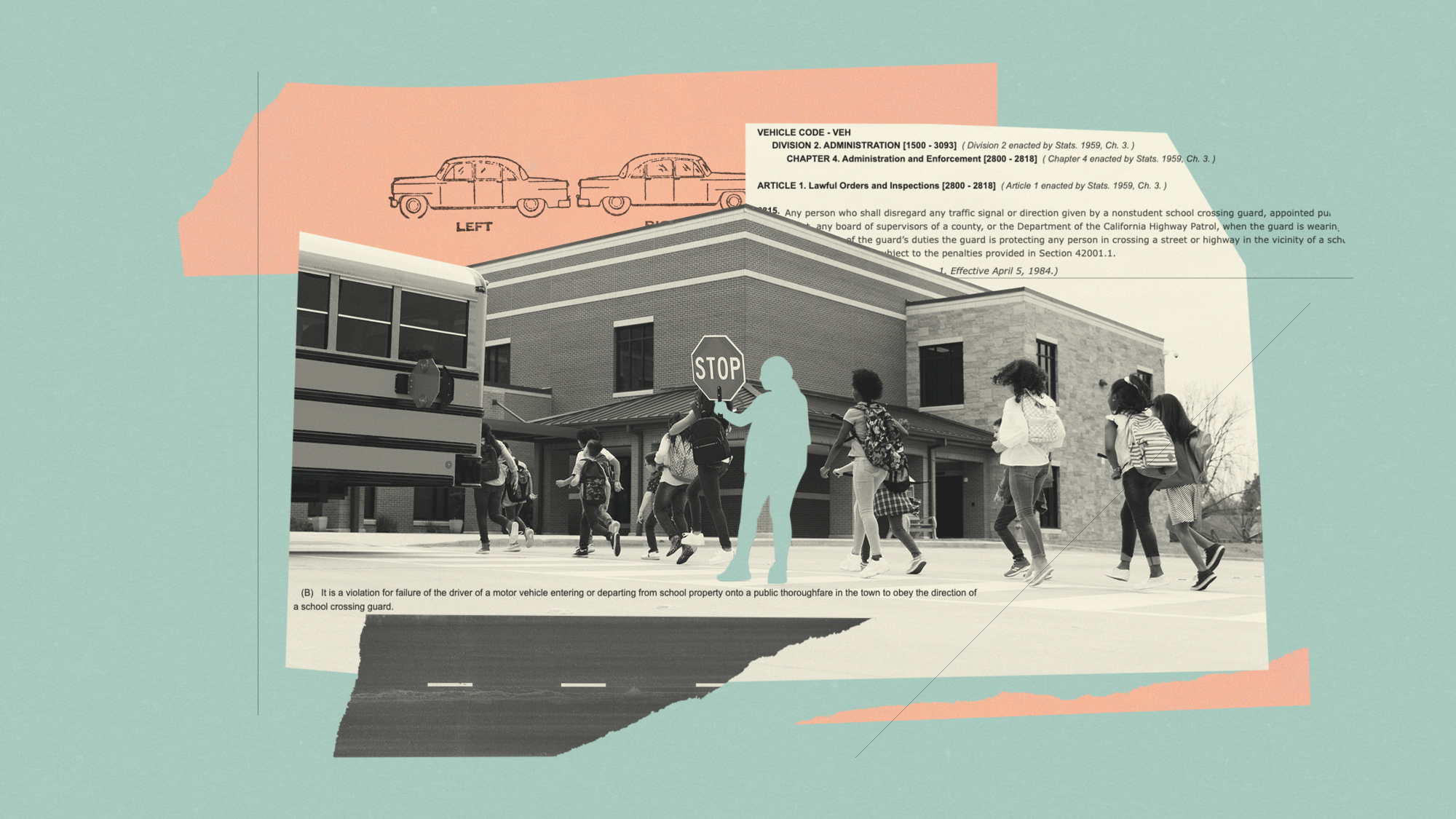 Being a school crossing guard has become a deadly job
Being a school crossing guard has become a deadly jobUnder the Radar At least 230 crossing guards have been hit by cars over the last decade
-
 Rising costs are making it harder for people to afford pets
Rising costs are making it harder for people to afford petsUnder the Radar Shelters are filling up as a result
-
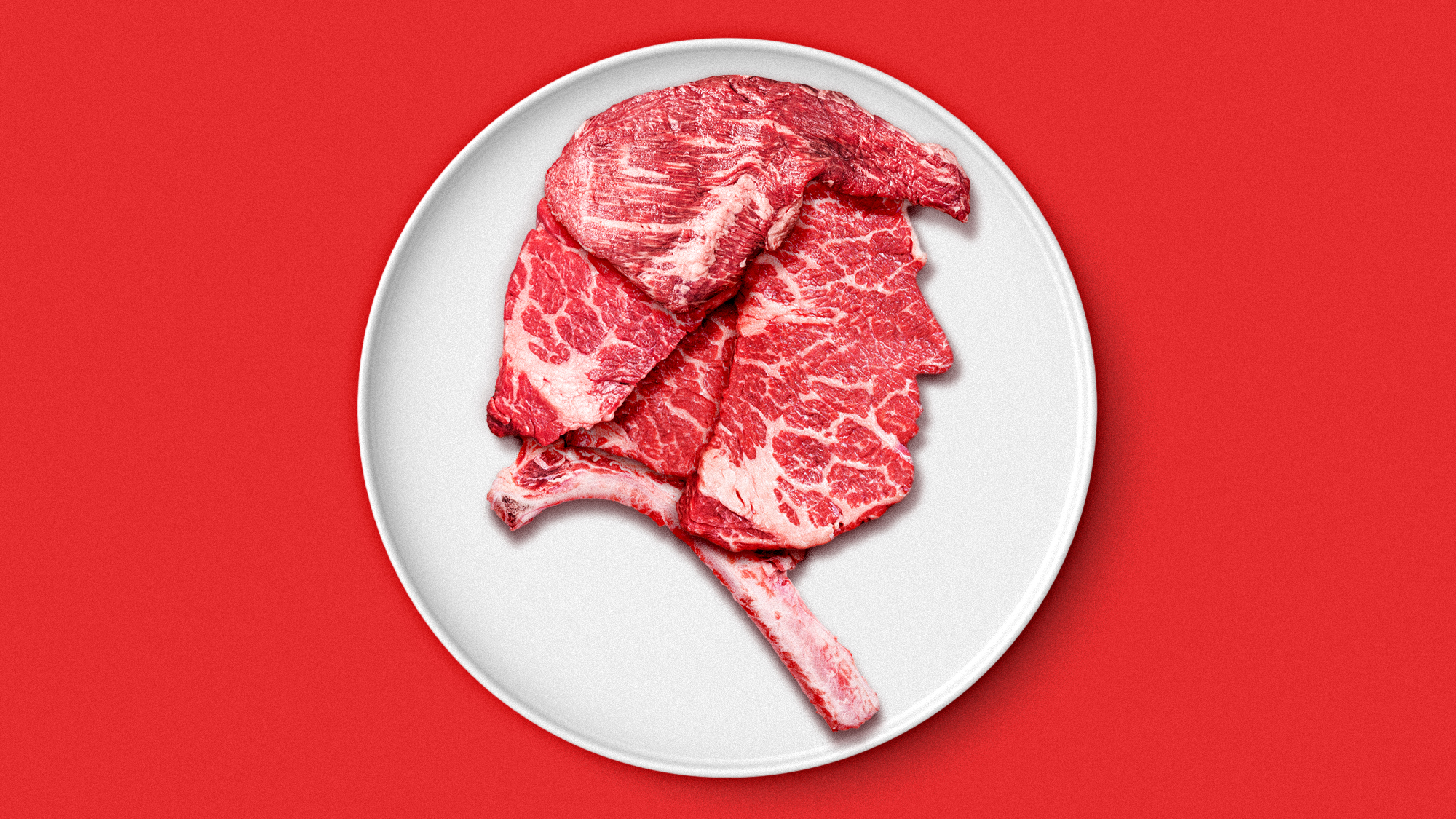 Why are beef prices rising? And how is politics involved?
Why are beef prices rising? And how is politics involved?Today's Big Question Drought, tariffs and consumer demand all play a role
-
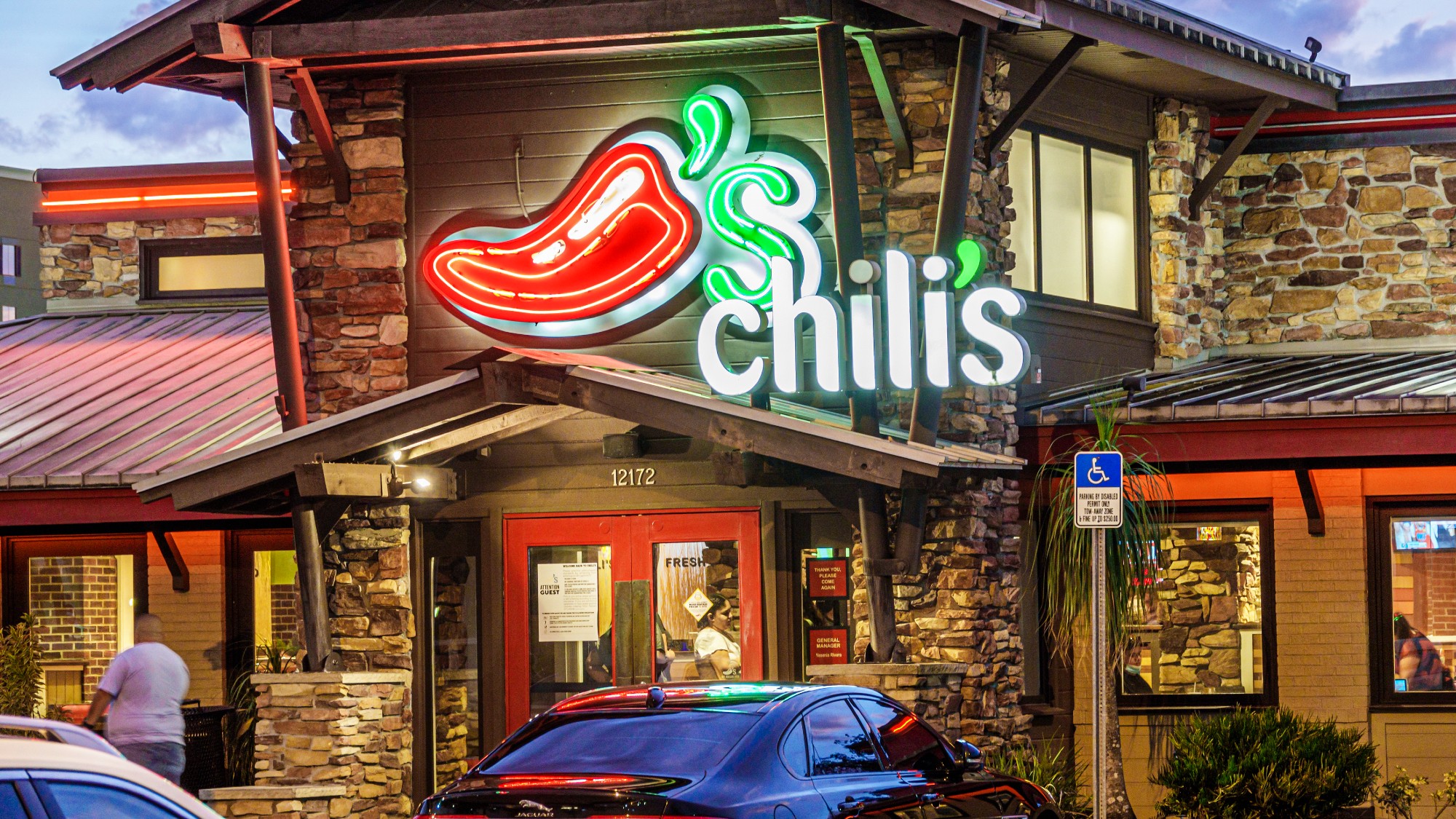 How is Chili's saving casual dining? Could others follow?
How is Chili's saving casual dining? Could others follow?Today's Big Question Value and TikTok virality bring in the diners
-
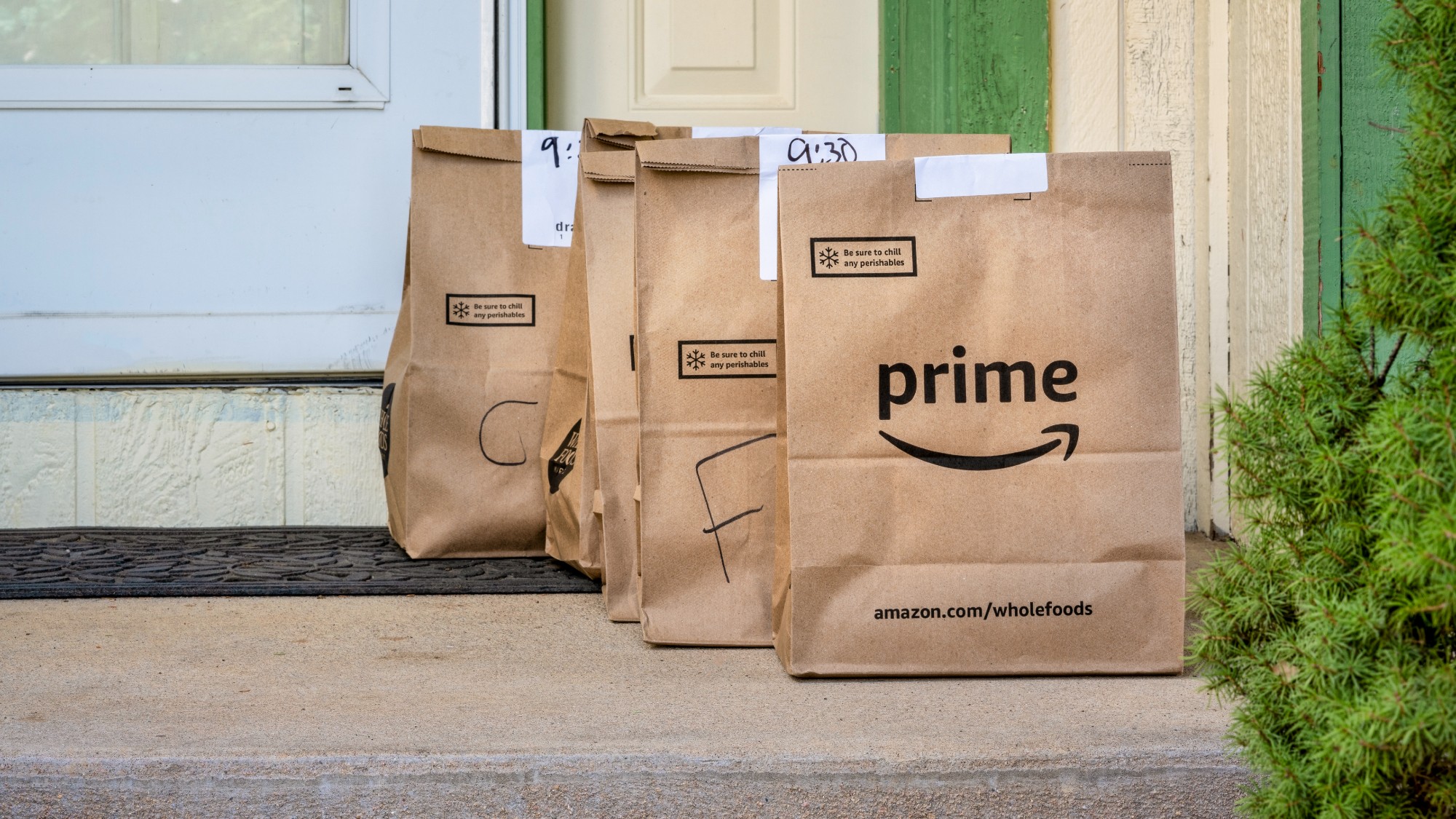 Is Amazon about to take over the grocery business?
Is Amazon about to take over the grocery business?Today's Big Question Expanded delivery will present a challenge to Walmart and Kroger
-
 How potatoes became an 'unusual bellwether' in Russia's economy
How potatoes became an 'unusual bellwether' in Russia's economyUnder The Radar Spud shortages are pointing to a wider crisis in the nation's finances
-
 AI is creating a luxury housing renaissance in San Francisco
AI is creating a luxury housing renaissance in San FranciscoUnder the Radar Luxury homes in the city can range from $7 million to above $20 million
